Intended Use
MacConkey Agar w/o CV, NaCl with 0.5% Sodium Taurocholate (BS002) is recommended for cultivation and differentiation of enteric bacteria, restricting Proteus swarming from urine specimens which may contain large number of Proteus species as well as potentially pathogenic gram-positive organisms.
Product Summary and Explanation
MacConkey Agar is based on the bile salt-neutral red-lactose agar of MacConkey.(1) MacConkey Agar is the earliest selective and differential medium for cultivation of enteric microorganisms from a variety of clinical specimens.(1,2) Subsequently MacConkey Agar and Broth have been recommended for use in microbiological examination of foodstuffs(3) and for direct plating / inoculation of water samples for coliform counts.(4) These media are also accepted by the Standard Methods for the Examination of Milk and Dairy Products(5,6) and pharmaceutical preparations. The original MacConkey medium was used to differentiate strains of Salmonella typhosa from members of the coliform group. Modifications made in the original formula improved the growth of Shigella and Salmonella strains. MacConkey Agar is listed as one of the recommended media for the isolation of E. coli from nonsterile pharmaceutical products.(7) MacConkey Agar w/o CV, NaCl and w/ 0.5% Sodium taurocholate is a modification of the original formulation with the exclusion of crystal violet and inclusion of sodium taurocholate instead of bile salts. Sodium Chloride is deleted from the medium to provide an electrolyte deficient medium preventing Proteus spp. from spreading. In addition, this medium does not contain crystal violet allowing Staphylococcus, Enterococcus, and Mycobacterium spp. to grow. MacConkey Agar contains bile salts which attributes to the selective action to this medium, that inhibit gram-positive organisms and allow gram-negative organisms to grow. Gram-negative bacteria usually grow well on the medium and are differentiated by their ability to ferment lactose. Lactose fermenting strains grow as red or pink and may be surrounded by a zone of acid precipitated bile. The red colour is due to production of acid from lactose, absorption of neutral red and a subsequent colour change of the dye when the pH of medium falls below 6.8. Lactose non-fermenting strains, such as Shigella and Salmonella are colourless and transparent and typically do not alter appearance of the medium. When lactose non-fermenters grow in proximity to coliform colonies, the surrounding medium appears as cleared areas.
Principles of the Procedure
Peptic digest of animal tissue in MacConkey Agar w/o Crystal Violet & NaCl and w/ Sodium Taurocholate, serves as the main source of nitrogen and vitamins. Lactose serves as the carbon source by being the fermentable carbohydrate. Sodium Taurocholate serves as a selective agent. Neutral red is the pH indicator dye.
Formula / Liter
| Ingredients | : Gms / Liter |
| Peptic digest of animal tissue | : 20.00 |
| Lactose | : 10.00 |
| Sodium taurocholate | : 5.00 |
| Neutral red | : 0.04 |
| Agar | : 20.00 |
| Final pH: 7.4 ± 0.2 at 25°C | |
| Formula may be adjusted and/or supplemented as required to meet performance specifications | |
Precautions
1. For Laboratory Use only.
Directions
1. Boil the bottle media at 100°C for 10 minutes in boiling Water bath.
2. Heat if necessary, to dissolve the medium completely.
3. Mix well and pour into sterile petri plates.
4. DO NOT OVERHEAT.
5. The surface of the medium should be dry when inoculated.
Quality Control Specifications
| Prepared Medium | : Orange red coloured clear to slightly opalescent gel forms in petri plates |
| pH | : pH: 7.4 ± 0.2 at 25°C |
| Gel Strength | : Firm, comparable with 2.0% Agar gel |
| Quantity | : 100ml |
Sterility Check: Passes release criteria.
Expected Cultural Response: Cultural characteristics observed after an incubation 35-37°C for 18-24 hours.
| Sr. No. |
Organisms | Results to be achieved | |||
| Inoculum(CFU) | Growth | Recovery | Colour of colony | ||
| 1. | Escherichia coli ATCC 25922 | 50-100 | good-luxuriant | >=50 % | pink to red with bile precipitate |
| 2. | Enterobacter aerogenes ATCC 13048 | 50-100 | good-luxuriant | >=50 % | pink to red with bile precipitate |
| 3. | Enterococcus faecalis ATCC 2921 | 50-100 | fair to good | 30-40 % | pale pink to red |
| 4. | Proteus vulgaris ATCC 13315 | 50-100 | good-luxuriant | >=50 % | Colourless |
| 5. | Salmonella Paratyphi AATCC 9150 | 50-100 | good-luxuriant | >=50 % | Colourless |
| 6. | Shigella flexneri ATCC 12022 | 50-100 | fair to good | 30-40 % | Colourless |
| 7. | Salmonella Paratyphi B ATCC 8759 | 50-100 | good-luxuriant | >=50 % | Colourless |
| 8. | Salmonella Enteritidis ATCC 13076 | 50-100 | good-luxuriant | >=50 % | Colourless |
| 9. | Salmonella Typhi ATCC 6539 | 50-100 | good-luxuriant | >=50 % | Colourless |
| 10. | Staphylococcus aureus ATCC 25923 | 50-100 | fair to good | 30-40 % | pale pink – red |
The organisms listed are the minimum that should be used for quality control testing.
Test Procedure
Refer to appropriate references using MacConkey Agar w/o CV, NaCl and w/Sodium Taurocholate for the isolation and identification of enteric organisms.
Results
1. Lactose-fermenting organisms grow as pink to red colonies with or without a zone of precipitated bile.
2. Non-lactose fermenting organisms grow as colorless or clear colonies.
3. Swarming by Proteus spp. is reduced.
Storage
Store the sealed bottle containing the medium at 10-25°C. Once opened then not repackable. Place bottle in a low humidity environment. Protect from moisture and light.
Expiration
Refer to the expiration date stamped on the pack.
Limitations of the Procedure
1. Although MacConkey Agar w/o Crystal Violet, NaCl and w/ Sodium Taurocholate is a selective medium, it is less inhibitory than MacConkey Agar, allowing gram-positive organisms to grow, biochemical and serological testing using pure cultures are recommended for complete identification.
2. Consult appropriate texts for detailed information and recommended procedures.
3. Incubation of MacConkey Agar w/o Crystal Violet, NaCl and w/ Sodium Taurocholate plates under increased CO2 has been reported to reduce the growth and recovery of certain gram-negative bacilli.


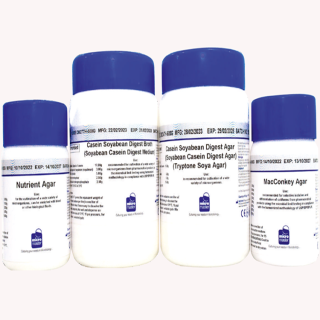
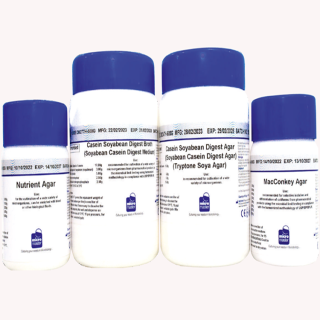


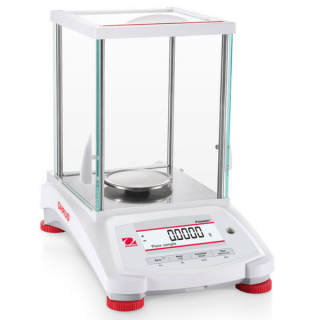
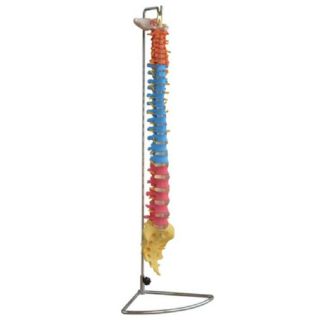
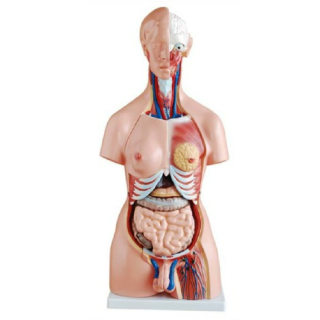
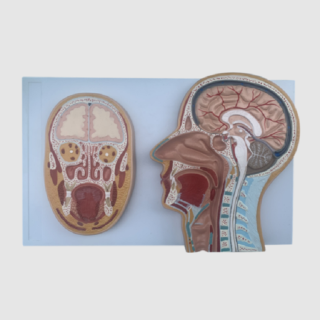
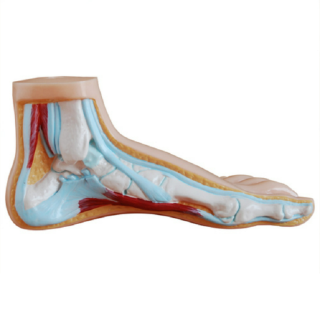
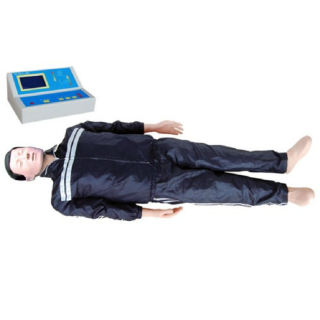
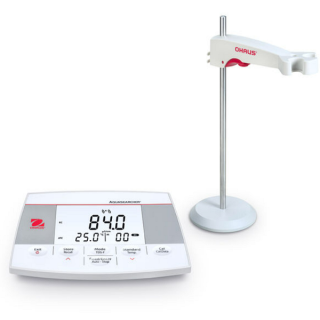
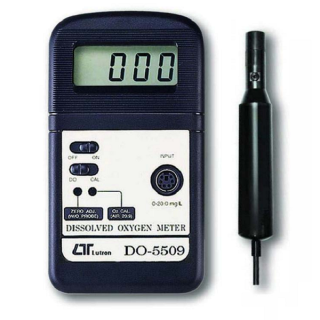
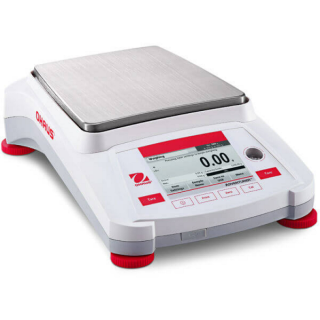
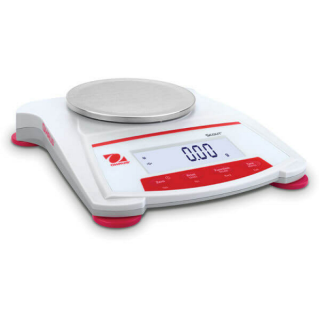
Reviews
There are no reviews yet.